
Male mice that ate 10.5% of their calories in walnuts had 2.3 times less tumors.
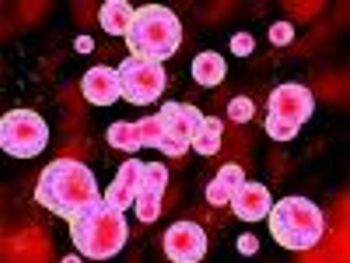
Postmenopausal women with early breast cancer showed a reduction in disease recurrence after 10 years of aromatase inhibitor therapy with letrozole.

Targeted treatment shows strongest efficacy in HER2 abnormalities.

Ultrasound and chemotherapy in conjunction with microbubbles enhances pancreatic cancer treatment.
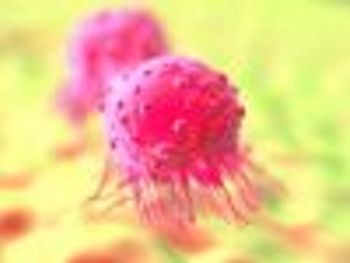
Biosimilar trastuzumab antibody (MYL-1401O) comparable in efficacy and safety to targeted cancer drug in women with HER2-positive advanced breast cancer.
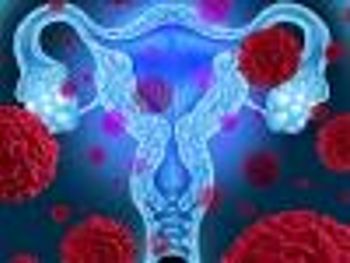
Patients receiving intraperitoneal and intravenous chemotherapy had progression-free survival of 59.3 months.

Capecitabine chemotherapy in combination with gemcitabine show median overall survival rate of 28 months.

Anaplastic glioma patients administered temozolomide after radiation, with or without concurrent temozolomide, saw a slower progression of the disease.

Precision medicine found to be associated with increased tumor reduction and progression-free survival.

The amount public health insurance programs reimburse for new cancer drugs varies in different countries.

Access to new cancer medications varies greatly by country.
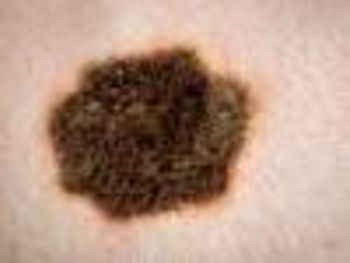
Overall 3-year survival in patients with advanced melanoma taking pembrolizumab was 40%.

Thiazole benzensulfonamides (TZB) show useful anticancer properties.

Alcohol found to affect biologic mechanisms that raise the risk of cancer.

Hsp90 inhibitors target and inactivate a mechanism that cancer cells use to evade standard treatments.

Access to oral chemotherapies is filled with challenges for providers and patients that can be significant, resulting in delayed therapy.

Physicians are challenged with differentiating among a wide array of treatment options, with varying regimens and indications, and then monitoring patients according to the specific guidelines for each therapy.

As with care for any chronic condition, the goals for advanced oncology therapies should be improving outcomes, containing costs, and increasing medication adherence.

Family caregivers of patients with terminal cancers could benefit from early palliative care.

HA15 causes melanoma cell death, but does not affect healthy cells.
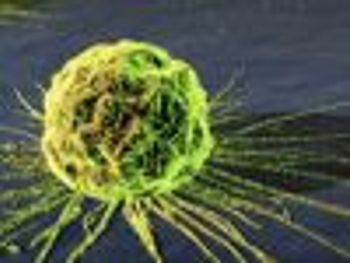
Ninety-three percent of B-cell acute lymphoblastic leukemia patients treated went into remission in small study.

Improved cancer detection rates and a reduced recall rates can be enhanced.

Despite initiatives that help patients maintain adherence, health care providers still need to leverage their collective resources and work together to overcome this tremendous hurdle in cancer care.

Despite progress in reducing cancer mortality, more work is needed to improve patient outcomes in this disease state.


Long-term exposure to particulate matter increases mortality risk from cancer.

Fluciclovine F 18 is a radioactive diagnostic agent for injection that can be used to detect recurring prostate cancer.

Fluciclovine F 18 (Axumin) is a radioactive diagnostic agent that can be used to detect recurring prostate cancer.

Anthracycline chemotherapy for breast cancer treatment may not cause decline in cognitive function.

Some cancer patients treated with doxorubicin will experience heart damage.